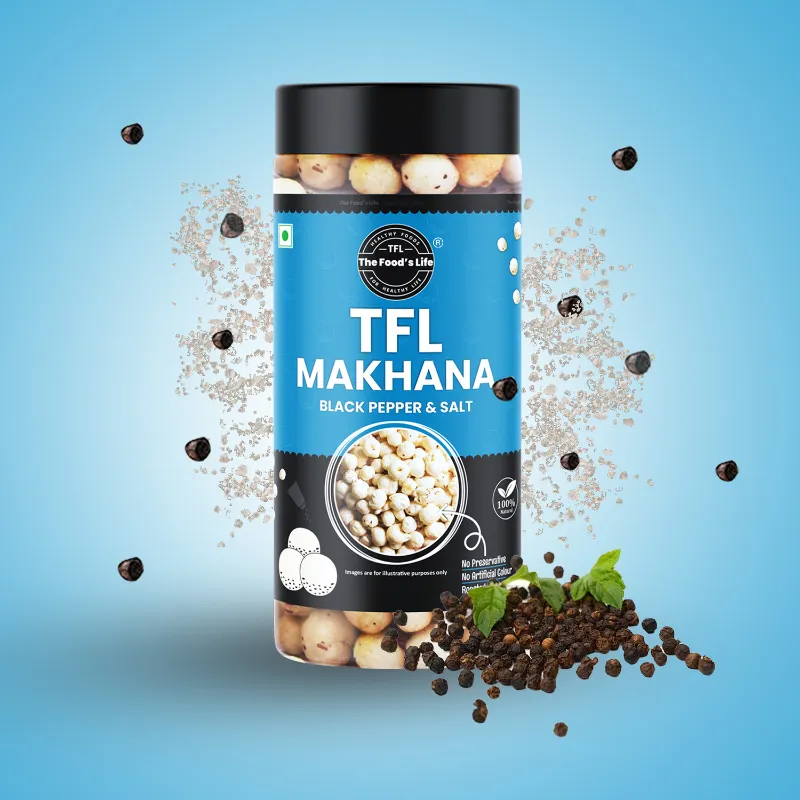Giving life is a miraculous thing, yet it also implies a drastic body change for women. Most of them have trouble losing weight during the postpartum period and fall prey to general myths concerning the process. Though it's normal to seek the pre-baby weight return, it's critical to identify fact from myth. In this blog, we will explore the common myths associated with postpartum weight loss and provide practical, science-backed strategies to shed the extra pounds healthily and sustainably.
Understanding Postpartum Weight Loss
Postpartum weight loss describes the process of losing the added weight that is gained during pregnancy. Each woman's body reacts uniquely after giving birth, and several variables including genetics, metabolism, and lifestyle contribute to weight loss. The most important thing is to use a healthy approach that focuses on health and well-being instead of attempting rapid fixes.
Most Popular Myths About Postpartum Weight Loss
1. Breastfeeding Alone Will Make You Lose Weight
Though breastfeeding does burn an additional 300-500 calories per day, it is not a surefire method of losing postpartum weight. Women often find that their bodies retain fat stores in order to support milk production. Moreover, heightened hunger during lactation can translate into increased calorie consumption, potentially negating any weight loss effects. Rather than depending on breastfeeding alone, both mindful eating and exercise are required for successful postpartum weight loss.
2. You Ought to Begin Dieting Right After Birth
One of the largest myths is that new mothers must severely reduce calories immediately after giving birth. Postpartum is a recovery time, and the body requires adequate nutrients to heal and maintain energy levels, particularly for lactating mothers. Inadequate food intake can result in fatigue, mood changes, and nutrient deficiencies. Rather than severe dieting, emphasize balanced, nutrient-rich meals that offer energy and sustenance.
3. Exercise Must Be Avoided for Some Months
Numerous women feel they need to totally stay away from exercise for months after delivery. Though vigorous exercise is not recommended in the initial time frame after birth, walking, postpartum yoga, and pelvic floor exercises can be good choices. Constant motion can promote blood flow, assist with weight loss during the postpartum period, and support general well-being. Just always get medical advice prior to any exercise routine.
4. Carbs Are the Enemy
Low-carb diets are popular, but eliminating carbs altogether is not a long-term solution for weight loss after pregnancy. Carbohydrates are an important source of energy, particularly for new mothers with irregular sleep patterns. The trick is to select complex carbs like whole grains, quinoa, sweet potatoes, and legumes over refined carbs like white bread and sweet treats.
5. You Can Target Belly Fat with Workouts
Numerous women feel that performing crunches or abdominal exercises will burn only belly fat specifically. In fact, spot reduction is a myth. Weight loss takes place all over the body, rather than in a single region. Rather than targeting one body part, include a combination of strength training, cardiovascular exercise, and core strengthening to effectively tone the body.
6. Losing Weight Quickly is the Best Approach
Fast weight loss is usually linked with crash diets and excessive physical exercise, which can be dangerous in the postpartum period. Postpartum weight loss of 1-2 pounds per week is healthier and sustainable. Fast weight loss may result in muscle loss, a compromised immune system, and hormonal imbalance.
7. Supplements and Detox Teas Are Safe for Postpartum Weight Loss
Most new mothers resort to weight loss pills and detox teas in a bid to hasten the process. Unfortunately, the majority of such products are not FDA-approved and contain harmful chemicals that impact milk production and overall health. Always it is better to concentrate on a healthy diet and natural means of increasing metabolism rather than opting for potentially hazardous shortcuts.
Effective Strategies for Healthy Postpartum Weight Loss
1. Make Whole, Nutrient-Rich Foods Your Priority
Consume whole, nutrient-dense foods to aid postpartum healing and weight loss. Add:
Lean proteins (chicken, fish, tofu, lentils) for repairing muscles
Healthy fats (avocados, nuts, olive oil) for hormonal regulation
Fiber foods (vegetables, fruits, whole grains) for digestion and fullness
Hydrating foods (cucumbers, watermelon, soups) to balance fluids
2. Drink Plenty of Water
Hydration is crucial for postpartum weight loss. Proper hydration helps with digestion, metabolism, and lactation. Drink at least 8-10 glasses of water per day and add herbal teas and juices to vary the intake.
3. Add Gentle Movement
Begin with mild activities like:
Evening walks with your baby
Postpartum yoga for flexibility and relaxation
Bodyweight strength training
Low-impact cardio like swimming or cycling (after medical clearance)
4. Get Enough Sleep (When Possible)
Sleep deprivation can slow metabolism and increase cravings for unhealthy foods. While new moms often struggle with disrupted sleep, try to rest whenever possible. Short naps and delegating household tasks can make a significant difference in recovery and postpartum weight loss.
5. Manage Stress Levels
Stress can contribute to weight retention by increasing cortisol levels, which promote fat storage. Engage in stress-relieving activities such as:
Meditation and deep breathing exercises
Journaling or reading
Spending time outdoors
Getting support from family, friends, or postpartum groups
6. Practice Mindful Eating
Don't distract yourself while eating and heed the signs of hunger. Eating slowly and enjoying every bite can avert overeating and facilitate improved digestion. Opt for home-cooked food instead of junk food to be in charge of ingredients and portion sizes.
7. Seek Support and Guidance
Postpartum weight loss is a journey that requires patience and self-care. Connect with other new moms, join fitness groups, or work with a nutritionist to stay motivated. Having a support system can make a significant difference in maintaining a healthy mindset.
Postpartum weight loss isn't about reaching a specific number on the scale—it's about being strong, healthy, and energized. Don't fall prey to myths and instead concentrate on making long-term lifestyle changes that are good for you and your baby. Through eating healthy, being active, stress management, and listening to your body, you can enjoy long-term postpartum weight loss success.
We know at The Food's Life the value of healthy eating, particularly for new mothers. Our variety of healthy products, from whole-grain granola, to healthy snacks, and protein-filled options, can help you navigate the postpartum period. The goal isn't perfection, it's progress—dig the journey and celebrate small successes along the way!






